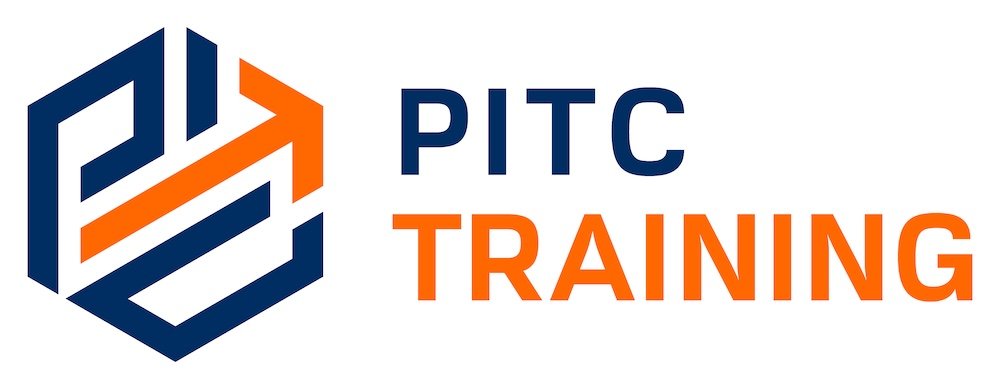Introduction
As cyber threats grow in frequency and sophistication, organizations must be prepared to investigate and respond to digital incidents effectively. Digital forensics and cyber investigation are critical for identifying the origin, impact, and scope of cyberattacks, fraud, and internal misconduct. This course equips participants with the essential skills to conduct forensic investigations, collect and analyze digital evidence, and support incident response efforts. Covering both theoretical foundations and hands-on techniques, the course bridges cybersecurity and digital forensics, enabling participants to investigate breaches, malware attacks, unauthorized access, and data theft confidently and legally.
Course Outline
- Module 1
- Module 2
- Module 3
- Module 4
- Module 5
- Course Objectives
- Target Audience
Digital Forensics and Cyber Investigations
- Cbercrime types and threat landscapes.
- Role of digital forensics in cyber investigations.
- Phases of a forensic investigation: from identification to reporting.
- Key legal and ethical considerations in digital evidence handling.
- Overview of laws: computer crime, privacy, data protection.
Identifying and Acquiring Digital Evidence
- Types of digital evidence: files, logs, email, memory, metadata.
- Evidence collection from computers, servers, mobile, and networks.
- Chain of custody and forensic soundness.
- Live vs. dead forensics: handling systems in operation.
- Using imaging tools (e.g., FTK Imager, dd) to capture evidence.
Forensic Analysis Techniques
- Analyzing disk images and system artefacts.
- Investigating user activity: browser history, deleted files, login trails.
- Malware behavior analysis and reverse tracing.
- Network forensics: logs, traffic, and packet analysis.
- Identifying indicators of compromise (IOCs).
Tools and Technologies for Cyber Investigation
- Forensic tools: Autopsy, Volatility, Wireshark, X-Ways.
- Log analysis tools (e.g., Splunk, Graylog) for breach detection.
- Memory and RAM analysis techniques.
- Working with SIEM data and endpoint detection logs.
- Correlating findings across multiple sources.
Incident Response and Investigation Reporting
- Coordinating incident response and digital investigation processes.
- Incident classification and prioritization.
- Documenting evidence and writing forensic reports.
- Presenting findings to legal, HR, or law enforcement.
- Review session and final discussion.
By the end of this course, participants will be able to:
- Discover the critical role of digital forensics in investigating cybercrime and security breaches.
- Identify key sources of digital evidence across systems and networks.
- Apply basic analysis techniques to investigate breaches and cyber incidents.
- Preserve digital evidence following legal and forensic standards.
- Utilize forensic tools to uncover malicious activity and user actions.
- Coordinate effectively with internal teams during cyber investigations.
This course is ideal for:
- IT security and incident response teams.
- Digital forensic analysts and investigators.
- Internal auditors and risk professionals.
- Cybercrime units and enforcement officers.
- Compliance and governance officers.
- Technical legal or HR staff involved in breach investigations.
Course Schedule & Fees
- Kuala Lumpur
- Singapore
- Amsterdam
- Online
- Course Fees
This course will take place in Kuala Lumpur on the following dates:
| 12/05/2025 | 26/05/2025 | 09/06/2025 | 23/06/2025 |
| 07/07/2025 | 21/07/2025 | 04/08/2025 | 18/08/2025 |
| 01/09/2025 | 22/09/2025 | 06/10/2025 | 20/10/2025 |
| 10/11/2025 | 24/11/2025 | 15/12/2025 | 05/01/2026 |
| 26/01/2026 | 16/02/2026 |
This course will take place in Singapore on the following dates:
| 05/05/2025 | 26/05/2025 | 16/06/2025 | 30/06/2025 |
| 21/07/2025 | 11/08/2025 | 01/09/2025 | 22/09/2025 |
| 13/10/2025 | 03/11/2025 | 24/11/2025 | 15/12/2025 |
| 05/01/2026 | 26/01/2026 |
This course will take place in Amsterdam on the following dates:
| 19/05/2025 | 09/06/2025 | 30/06/2025 | 21/07/2025 |
| 11/08/2025 | 01/09/2025 | 22/09/2025 | 13/10/2025 |
| 03/11/2025 | 24/11/2025 | 15/12/2025 | 05/01/2026 |
| 26/01/2026 | 16/02/2026 |
This course will take place Online the following dates:
| 06/05/2025 | 03/06/2025 | 01/07/2025 | 29/07/2025 |
| 26/08/2025 | 23/09/2025 | 21/10/2025 | 18/11/2025 |
| 16/12/2025 | 13/01/2026 | 10/02/2026 |
| Kuala Lumpur | Singapore | Amsterdam | Online |
| USD$ 3,580 | USD$ 5,600 | USD$ 5,600 | USD$ 1,920 |


